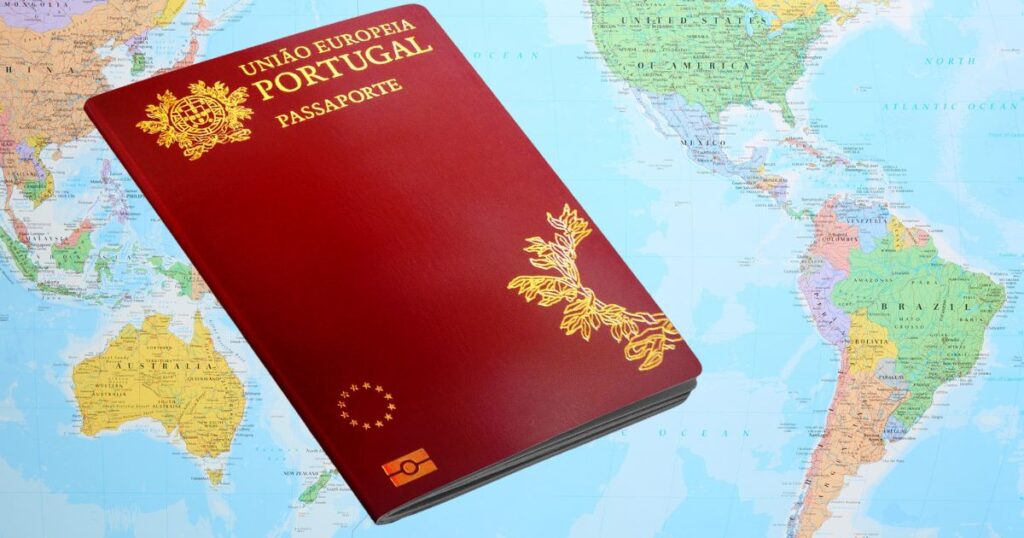The Automatic CRS standard developed by OECD in 2014 allows jurisdictions to automatically exchange bank account information with between tax authorities on a global level, on an annual basis to prevent tax evasion.
Currently, there over 100 jurisdictions having committed to exchanging information with each other under the CRS.
India, China, Russia joined the CRS implementation in 2018 along with the above countries. One exception is United States, which has refused to exchange tax information with the OECD CRS countries.
Which CBI countries have signed for CRS?
These are the Citizenship by investment (CBI) countries signed agreements with OECD to exchange bank account information under CRS standards to prevent tax evasion.
- Antigua and Barbuda – YES (2018)
- Dominica – YES (2018)
- Grenada – YES (2018)
- St Kitts and Nevis – YES (2018)
- Saint Lucia – YES (2018)
- Turkey – YES (2018)
- Vanuatu – YES (2018)
- Montenegro – NO (implementation soon)
- Moldova – NO
- Malta – YES (2017)
- Cyprus – YES (2017)
- Bulgaria – YES (2017)
The only exceptions are Moldova and Montenegro and these countries may implement CRS in the future.
What banks will ASK you?
If you live or already a citizen of these CBI/RBI countries in the OECD list, then Banks and Financial institutions, under the CRS implementation may ask to declare new and existing account holders requirements such as
- Did you obtain residence rights under an CBI/RBI scheme?
- Do you hold residence rights in any other jurisdiction(s)?
- Have you spent more than 90 days in any other jurisdiction(s) during the previous year?
- In which jurisdiction(s) have you filed personal income tax returns during the previous year?
What is exchanged between tax authorities of countries?
- Name, address, Taxpayer Identification Number (TIN) and date and place of birth of each Reportable Person.
- Account number
- Name and identifying number of the reporting financial institution;
- Account balance or value as of the end of the relevant calendar year (or other appropriate reporting period) or at its closure, if the account was closed.
- Capital gains, depending on the type of the account (dividends, interest, gross proceeds/redemptions, other)





